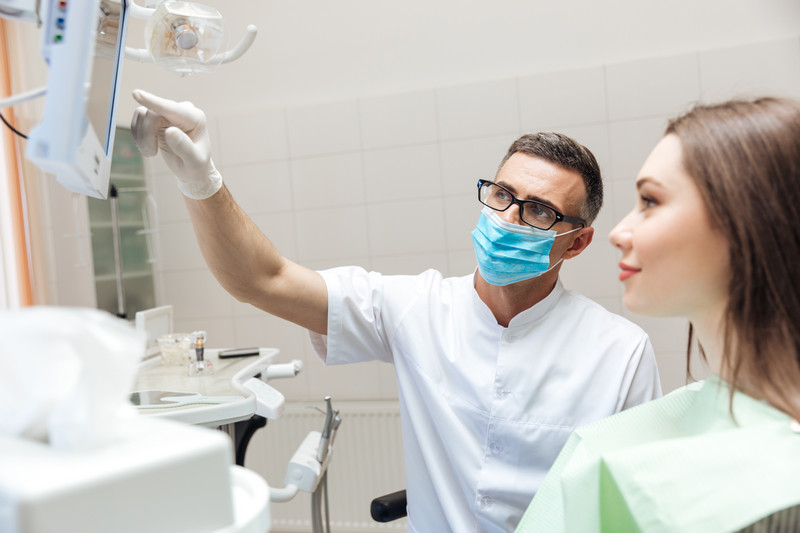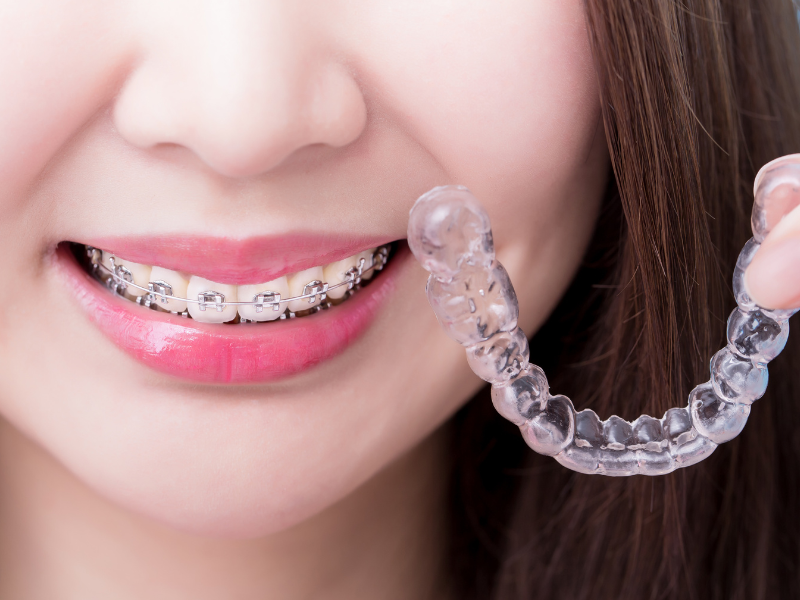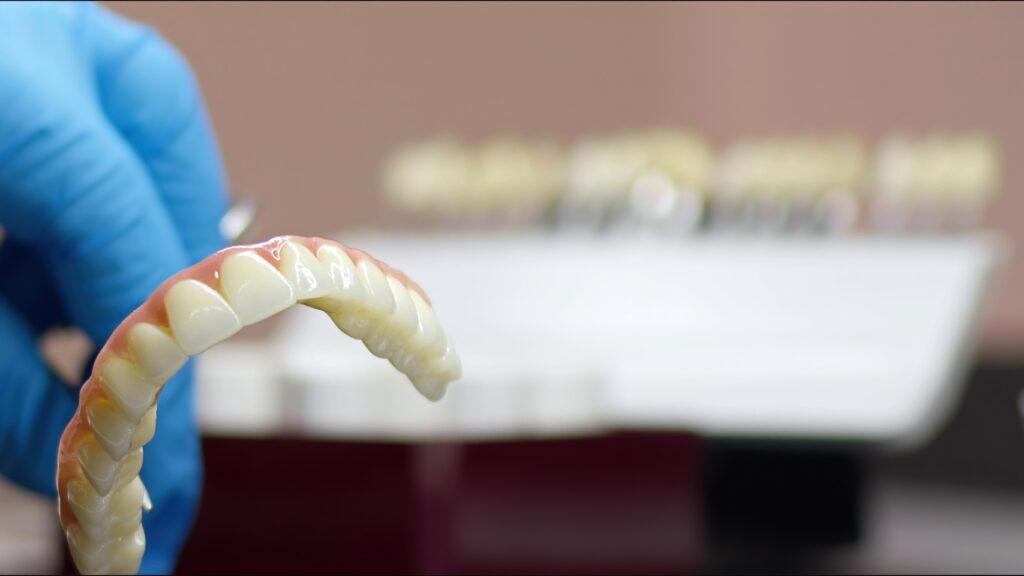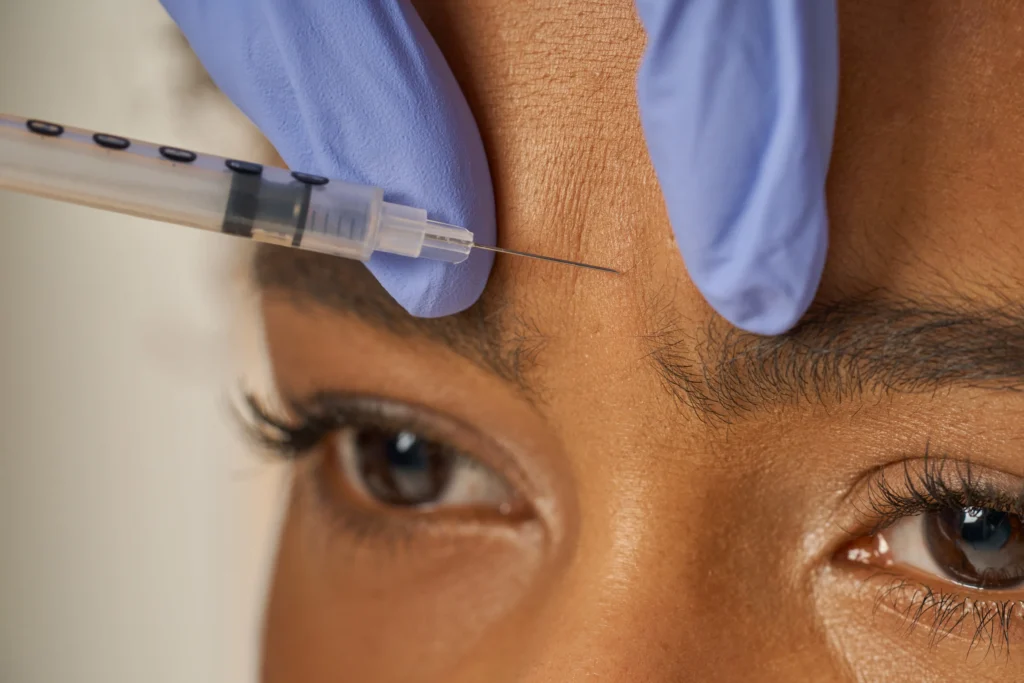
Publication date: July 10, 2021
Smoking cigarettes and using other tobacco products comes with a long list of negative health consequences — and many of them directly affect your mouth. While some effects, like bad breath or stained teeth, may seem only cosmetic, tobacco use can also cause serious oral diseases that impact your long-term health and quality of life.
Below, we’ll explore the main ways smoking and tobacco harm your dental health, why these risks matter, and what steps you can take to protect your smile.
1. Encourages Plaque and Tartar Growth
Cigarettes contain chemicals that reduce saliva flow, making it harder for the mouth to clean itself. This allows bacteria to grow, leading to plaque that eventually hardens into tartar. If untreated, tartar irritates the gums, causing inflammation, gum disease, tooth decay, and even jawbone damage. Smokeless products like chewing tobacco are no safer, as they loosen gum tissue and create pockets where bacteria thrive.
2. Weakens Circulation
Smoking weakens your immune system, according to the CDC. It also can interfere with blood flow to the gum tissue. A weaker immune system and less circulation makes it harder to fight off infections of your gums. Additionally, once your gums are damaged, smoking hampers their ability to heal. This can make issues like gum disease progress faster. Smoking also delays and makes it harder to heal the process after oral surgery for the same reasons.
3. Negatively Affects Breath
Smoking is one of the leading causes of chronic bad breath, also known as halitosis. The odor of smoke itself lingers in the mouth and lungs long after a cigarette has been put out, leaving breath that smells stale and unpleasant. On top of that, the reduction of saliva causes dry mouth, which creates an ideal environment for bacteria to multiply. As bacteria increase, the smell worsens and becomes difficult to mask with gum, mints, or mouthwash.
Gum disease, which smokers are more likely to develop, adds another layer to the problem. Infected gums produce a foul odor, so halitosis caused by smoking is often persistent and difficult to eliminate without addressing the underlying health issues.
4. Discolors Teeth
Smoking worsens the look of your teeth, too, by making them turn yellow. The nicotine and tar in cigarettes seep through tiny pores in your enamel, leading to this discoloration. Chewing tobacco can stain your teeth even darker since the dark-colored tobacco mixes with your saliva.

5. Cancer
Lastly, smoking can contribute greatly to the development of oral cancer — cancer of the mouth, throat, or lips. About 90% of people with oral cancer are smokers. If you do smoke, take extra care to brush twice a day, floss, and use mouthwash. Visit your dentist regularly as well for cleanings and exams. Do your best to quit, or, if not possible, at least cut back as well — it will improve your oral and overall bodily health. If you’re looking for a top-rated dentist in Philadelphia, schedule an appointment with Absolute Smile. All new patients get a free consultation, so contact us today!







